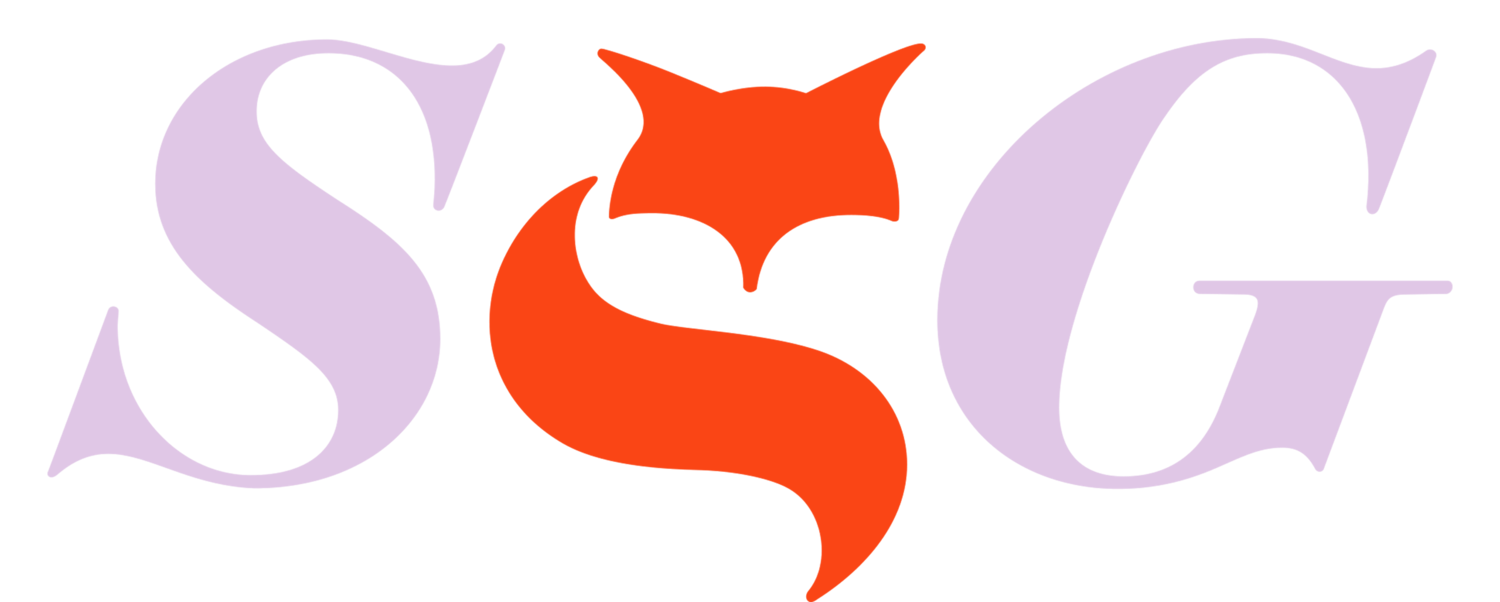-
“A compelling retreat into the exhilarating and oddly reassuring world of complexity.”—The Washington Post
“This is an extraordinary book that will change the way you understand yourself and the universe.”—Deepak Chopra
“Mind-blowing . . . Neil might have his arms around perhaps as much of the big picture as one can get their arms around.”—Dax Shepard, Armchair Expert Podcast
“A stimulating read.”—Kirkus
“A wide, wise, and warm presentation and evocation of the broad domains of complexity, life, mind, and emergence.”—Stuart Kauffman, MacArthur Fellow, Fellow of Royal Society of Canada, author of The Origins of Order
“A must-read instant classic for those who are determined to discover the true nature of reality.”—Robert Thurman, Jey Tsong Khapa Professor Emeritus, Columbia University
“A fascinating and thought-provoking journey that filled me with wonder.”—Mark Epstein, MD, author of The Zen of Therapy: Uncovering a Hidden Kindness in Life
“This timely book invites us on a transformative journey into what is normally hidden from view.”—Ian A. Baker, PhD, National Geographic Explorer for the Millennium and author of The Heart of the World
“Notes on Complexity gives us a new way to see life and understand our existence.”—Daniel C. Matt, author of God & the Big Bang and translator of The Zohar: Pritzker Edition
“Theise takes us through the ‘shimmering webs’ of complexity—from the womb to the windy mountain rooftops of the world—so that we may come home to the everywhere and the everyone.”—Maureen Seaberg, author of Fearfully and Wonderfully Made: The Astonishing New Science of the Senses
-
Nothing in the universe is more complex than life. Throughout the skies, in oceans, and across lands, life is endlessly on the move. In its myriad forms—from cells to human beings, social structures, and ecosystems—life is open-ended, evolving, unpredictable, yet adaptive and self-sustaining. Complexity theory addresses the mysteries that animate science, philosophy, and metaphysics: how this teeming array of existence, from the infinitesimal to the infinite, is in fact a seamless living whole and what our place, as conscious beings, is within it.
Physician, scientist, and philosopher Neil Theise makes accessible this “theory of being,” one of the pillars of modern science, and its holistic view of human existence. He notes the surprising underlying connections within a universe that is itself one vast complex system—between ant colonies and the growth of forests, cancer and economic bubbles, murmurations of starlings and crowds walking down the street.
The implications of complexity theory are profound, providing insight into everything from the permeable boundaries of our bodies to the nature of consciousness. Notes on Complexity is an invitation to trade our limited, individualistic view for the expansive perspective of a universe that is dynamic, cohesive, and alive—a whole greater than the sum of its parts. Theise takes us to the exhilarating frontiers of human knowledge and in the process restores wonder and meaning to our experience of the everyday.
Photo by Beowulf Sheehan
NEIL THEISE is a professor of pathology at the NYU Grossman School of Medicine. Through his scientific research, he has been a pioneer of adult stem cell plasticity and the anatomy of the human interstitium. Dr. Theise’s studies in complexity theory have led to interdisciplinary collaborations in fields such as integrative medicine, consciousness studies, and science-religion dialogue.


